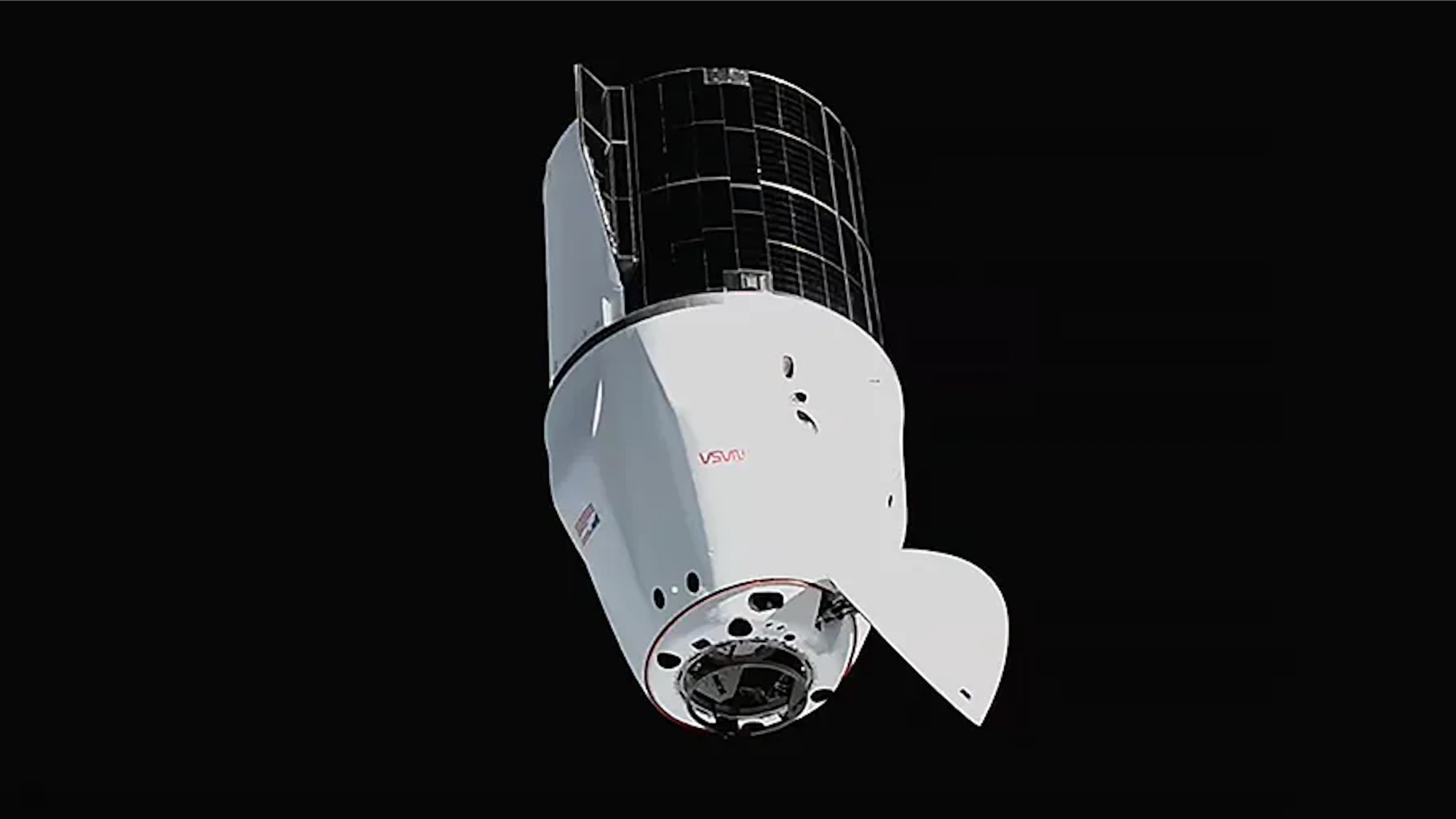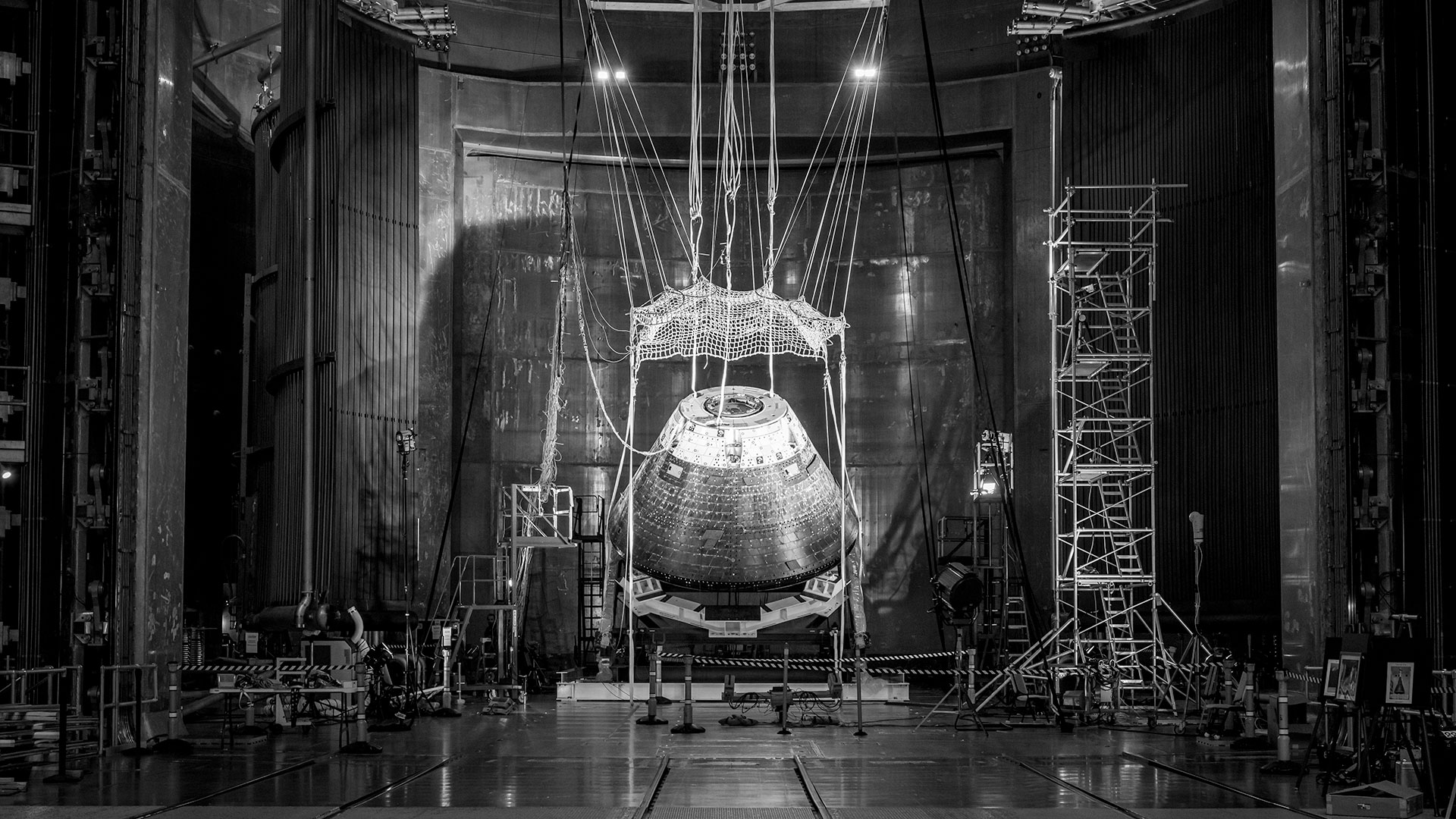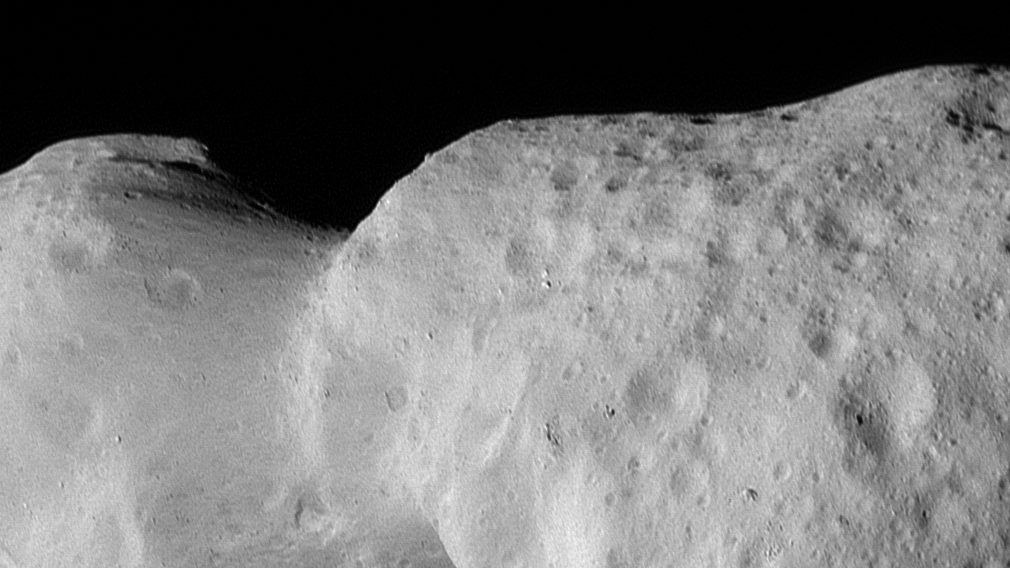Ailing Economy Not Expected to Derail Iridium Deal
Managers ofIridium Satellite LLC and the investment company that plans to buy the mobilesatellite services provider said they have seen no signs shareholders who muststill approve the purchase have changed their minds because of the globalfinancial crisis.
They saidthey expected the transaction to close in mid-2009, giving them several monthsto survive the current financialshocks and demonstrate Iridium's growth prospects before askingshareholders to vote to purchase Iridium rather than receive cash for theirshares in the acquiring company, GHL Acquisition Corp. (GHQ) of New York.
GHQ wascreated in February by investment bank Greenhill & Co. with a $400 millionstock offering to hunt for acquisition targets. It announced in late Septemberthat its board of directors and Iridium's board had agreed to the purchase,which values Bethesda, Md.-based Iridium at $591 million including Iridium's$131 million debt at the time.
But thatwas before the ongoing financial crisis that has gripped debt and equitymarkets. In recent weeks, GLQ stock has suffered along with the broader market,and its warrants' value has collapsed. Some analysts view this as a sign themarket does not believe the GHQ deal will be approved.
Get the Space.com Newsletter
Breaking space news, the latest updates on rocket launches, skywatching events and more!
In a Dec. 3conference call with investors, GHQ Chief Executive Scott L. Bok said he has noreason to believe that GHQ shareholders are any less favorable to the Iridiumpurchase than they were in September. Bok also said that GHQ has not taken anyparticular sounding of investor sentiment.
To winapproval for the Iridium purchase, GHQ will need the approval of at least 70percent of the GHQ shareholders who subscribed to the GHQ initial public stockoffering and are not part of Greenhill.
Since theSeptember announcement, many hedge funds and other investors have faced demandsfor cash from their own investors, forcing the funds to liquidate investmentswhen they can.
IridiumChief Executive Matt Desch, in a Dec. 4 e-mail in response to Space Newsquestions, said Iridium's continued growth and profitability as demonstrated bythe first nine months of 2008 should reassure the prospective owners.
"Iridiumis attractively valued and this will serve us in the transaction," Deschsaid, adding that the movement in GHQ warrants should not be seen as acommentary on Iridium. "It's premature to draw any conclusions about thedeal by looking at the stock or warrant price at this time, in these marketconditions," he said. "[P]rices move around a lot right before theshareholder vote, and that's probably not going to happen until at least thesecond quarter of 2009."
Desch alsosaid that, should the GHQ deal fall through, Iridium has other options and noimmediate need for cash.
"Therewere various alternatives available to us when we made the decision [to acceptthe GHQ offer] and, should it be necessary, we can always reopen these options.However, our operating cash flow is good and we would not anticipate needingany cash that we cannot organically generate for the foreseeable future. So interms of the GHQ transaction, time is on our side."
In a Dec. 2filing with the U.S. Securities and Exchange Commission (SEC), GHQ said thatwhen it started negotiating with Iridium in May, Iridium was already in talkswith a private-equity investor interested in taking a minority stake inIridium.
GHQ's SECfiling also says that, in June and July, it canvassed five private-equityinvestment companies to solicit interest in taking a piece of Iridium, andfound no takers.
In the Dec.3 conference call on Iridium's financial results, Iridium reported that it had309,000 subscribers, a 37-percent increase from a year earlier, with net incomeup 8 percent in the same period. Desch said Iridium is quickly penetrating themarket for machine-to-machine communications, a potentially largemarket but one whose monthly subscription revenue is less than what voicesubscribers pay.
Desch saidindications are that fourth-quarter results will be just as good.
"Ifthere has been a recession in the past year, and we see it all around us, ithasn't been noticed in our results," Desch said. "It hasn't shown up.But we've got to expect that over the next year or two we may not see quite thelevel of growth we've had before, but I still think we're doing to see prettysignificant results."
- Video - How To Shoot A Satellite
- Video - Successful Satellite Kill
- Satellites, Satellite System at SPACE.com
Join our Space Forums to keep talking space on the latest missions, night sky and more! And if you have a news tip, correction or comment, let us know at: community@space.com.
Peter B. de Selding is the co-founder and chief editor of SpaceIntelReport.com, a website dedicated to the latest space industry news and developments that launched in 2017. Prior to founding SpaceIntelReport, Peter spent 26 years as the Paris bureau chief for SpaceNews, an industry publication. At SpaceNews, Peter covered the commercial satellite, launch and international space market. He continues that work at SpaceIntelReport. You can follow Peter's latest project on Twitter at @pbdes.









